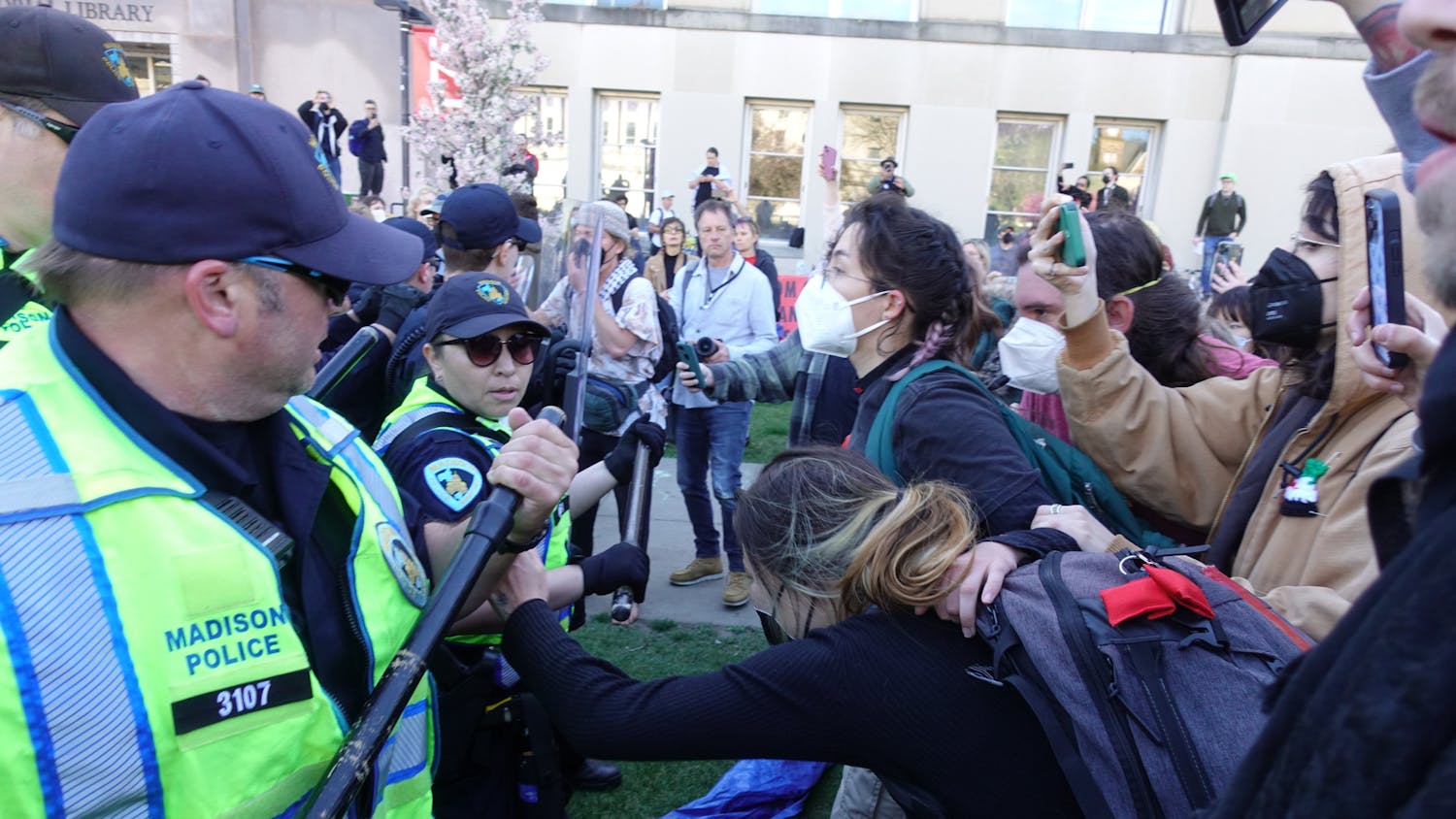The Associated Students of Madison Diversity Committee met Monday to discuss its plans to challenge University of Wisconsin-Madison’s ethnic studies requirement, which was last reviewed in 2002 with few changes put into effect since.
According to ASM Diversity Chair Mia Akers, the committee has a consensus UW-Madison’s three-credit ethnic studies courses do not reflect what is currently happening in the United States, and that most students do not take the requirement seriously.
“[Students] treat the course just like another general education requirement,” Akers said. “If changes are made to the requirement that makes it more applicable to students, then students wouldn’t blow it off.”
The grassroots committee’s goal is to introduce a plan for evaluating the requirement on a more regular basis to keep it up to par with changes in society as well as within the university.
Akers said improving the ethnic studies requirement might prevent incidents on campus that alienate underrepresented groups of students, citing some of last year’s incidents.
In the 2011-2012 academic year, racial climate became a talking point on campus when the right-wing think tank, the Center for Equal Opportunity, criticized UW-Madison’s affirmative action policy and called for its end. Months later, attendees of a Delta Upsilon fraternity party yelled racial slurs at two female African American students.
The committee also presented the background of the implementation for the requirement.
In the spring of 1988, University of Wisconsin-Madison implemented the three-credit ethnic studies requirement resulting from multicultural student organizations’ efforts started in 1987.
These multicultural organizations spoke up after a racially charged incident, when the Phi Gamma Delta fraternity posted an image of a caricatured “island native” at an island-themed party, which offended many students.
Members of multicultural student organizations allied to form the Minority Coalition in response to this event.
The administration then formed a committee to address racial climate that was chaired by an undergraduate student, Charles Holley, who was the president of the Black Student Union. The committee ultimately came up with the ethnic studies requirement.





